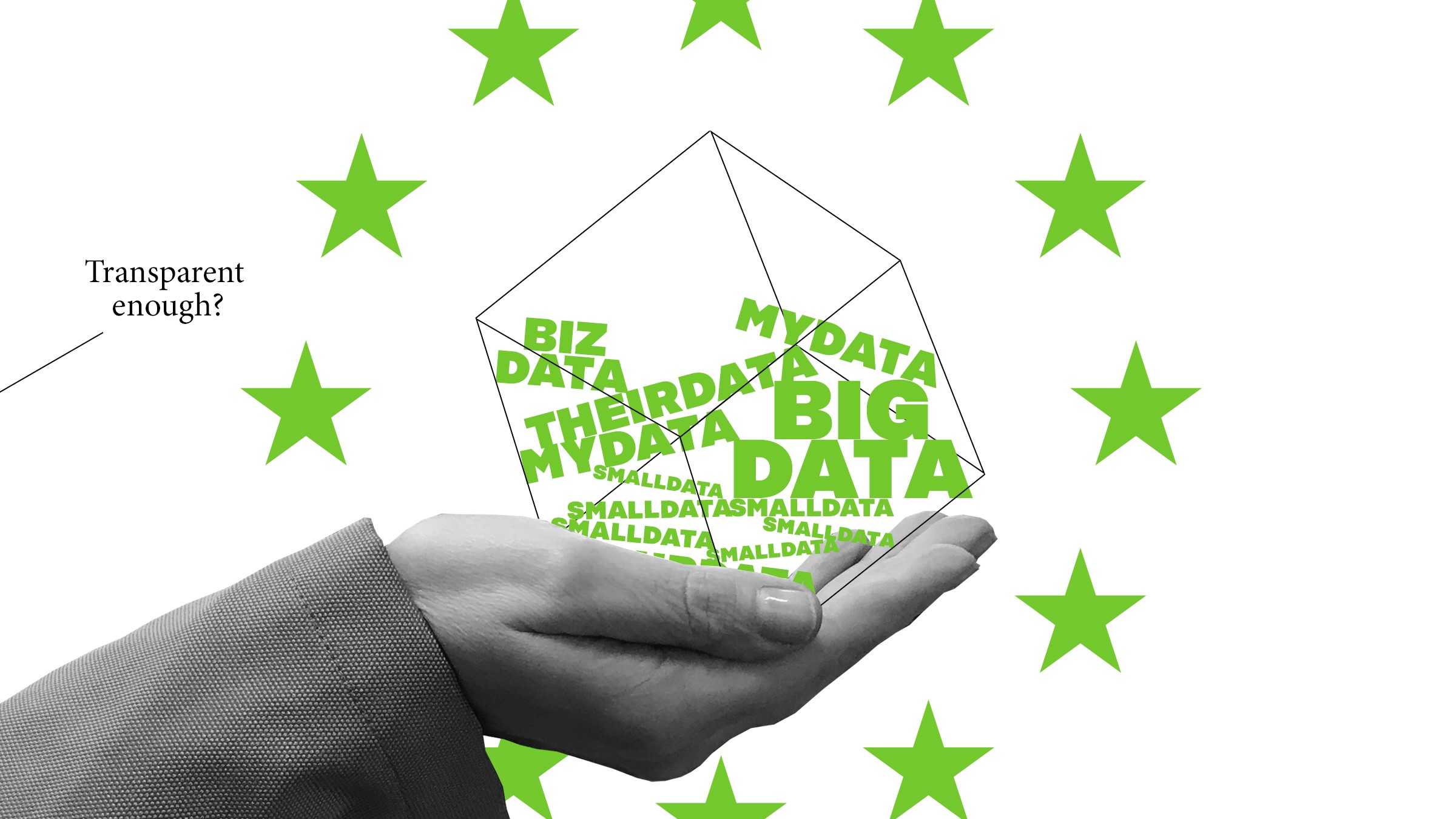According to recent studies, Europe does not have a shared set of values. Instead, values vary from country to country according to cultural differences. However, it is possible to find some shared values that can serve as a foundation for a fair data economy.
A study carried out at the University of Turku showed that transparency is a key factor that connects other values. Without transparency, it is not possible to evaluate how the other values upon which a data economy is built are being realised.
Sitra conducted a survey in four countries to assess individuals’ values, attitudes and actions associated with the data economy as well as companies’ views on business opportunities created by the sharing of data. In the study by the University of Turku, the results were analysed and compared with the value-related research.
The survey conducted among individuals showed that 43 per cent of Finnish respondents felt that a lack of trust towards service providers prevents them from using digital services.
“People’s message to companies is clear and it is that companies should invest in building trust,” says Riitta Vänskä, Specialist at Sitra.
The views of companies and individuals do not correspond well enough. The survey among individuals indicated that a good way to improve transparency is to clearly explain the purposes for which the data collected about the service users is used. Some 66 per cent of all respondents hoped there would be a “fair data label” to increase the level of trust felt towards companies. Almost three quarters, 71 per cent, of Finnish respondents found the label important. The survey was taken by 8,000 respondents from four countries: Finland, Germany, France and the Netherlands.
A total of 45 per cent of the company survey respondents were in favour of fair data economy principles. Only 36 per cent of Finnish companies considered the fair data label necessary (France 53%, the Netherlands 49%, Germany 44%). The company survey was taken by 1,667 respondents from four countries.
This study was conducted as part of Sitra’s IHAN project that aims to build the foundations and rules for a fair data economy. Pan-European rules will be created in compliance with the General Data Protection Regulation and people’s values. Work will be carried out on the basis of extensive co-operation between different parties.
#IHAN





















Read more